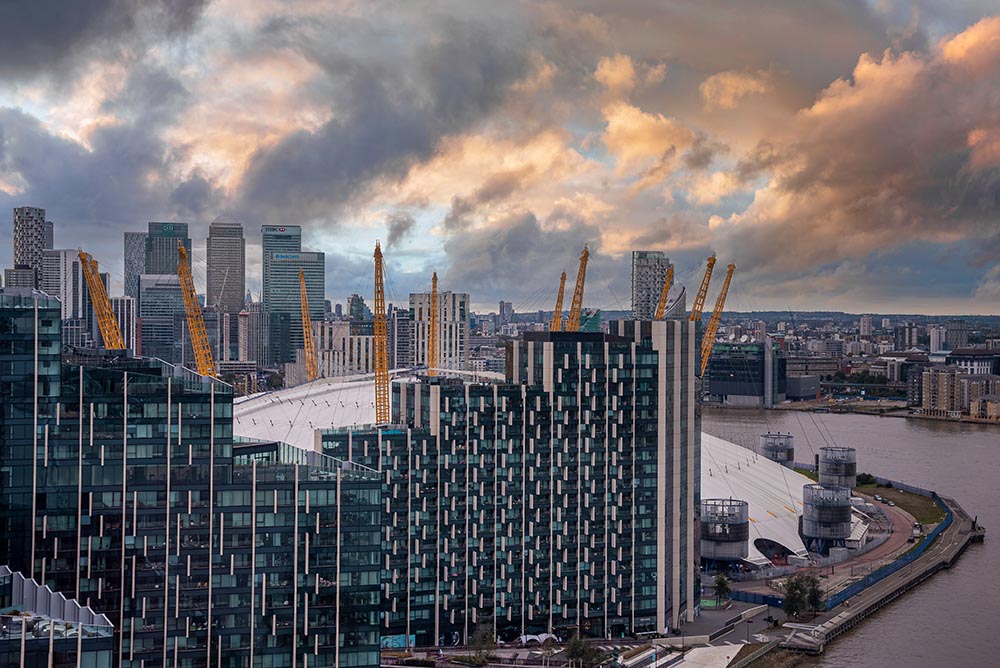London, the bustling metropolis renowned for its rich history, cultural diversity, and thriving economy, has always been a hotspot in the global real estate market. As we step into 2024, the dynamics of the real estate landscape in London are evolving, influenced by various factors such as economic trends, societal changes, and technological advancements. In this blog post, we delve into the current state of the London estate market, exploring trends, challenges, and opportunities that define the sector in 2024.
Market Overview: The London real estate market in 2024 continues to demonstrate resilience and adaptability in the face of economic fluctuations and global uncertainties. Despite challenges posed by the COVID-19 pandemic and subsequent market volatility, London’s property market has remained buoyant, driven by robust demand and innovative solutions.
Trends Shaping the Market:
- Tech Integration: Technology integration has become a cornerstone of the London real estate market, with advancements such as virtual reality property tours, blockchain-based transactions, and AI-driven analytics revolutionizing the way properties are bought, sold, and managed.
- Sustainability and Green Initiatives: There’s a growing emphasis on sustainability and green building practices in London’s real estate sector. Developers are increasingly incorporating eco-friendly features such as solar panels, green roofs, and energy-efficient systems to meet the rising demand for environmentally conscious living spaces.
- Shifts in Property Preferences: Changing demographics and lifestyle preferences are reshaping the types of properties in demand. With remote work becoming more prevalent, there’s a surge in demand for homes with dedicated office spaces, high-speed internet connectivity, and access to outdoor amenities.
- Affordable Housing Challenges: Affordable housing remains a pressing issue in London, with skyrocketing property prices outpacing income growth for many residents. Addressing this challenge requires collaborative efforts from policymakers, developers, and community stakeholders to ensure housing affordability and accessibility for all.
Opportunities for Investors: Despite the complexities and challenges, the London real estate market presents promising opportunities for investors seeking long-term growth and stability.
- Prime Locations: Prime locations in central London continue to attract investors due to their enduring appeal and potential for high returns. Areas such as Mayfair, Kensington, and Chelsea remain sought-after destinations for luxury property investments.
- Regeneration Projects: Regeneration projects in emerging neighbourhoods offer investors the opportunity to capitalize on urban renewal initiatives and benefit from potential capital appreciation. Areas undergoing revitalization, such as East London and Battersea, present attractive investment prospects.
- Build-to-Rent Sector: The build-to-rent sector is gaining traction in London, driven by increasing demand for professionally managed rental accommodation. Investors are exploring opportunities to invest in purpose-built rental properties, leveraging the steady rental income and growing tenant demand.
Conclusion: As we navigate through the complexities of the London real estate market in 2024, it’s evident that adaptability, innovation, and sustainability will be key drivers of success. Despite challenges such as affordability constraints and market uncertainties, London continues to offer lucrative opportunities for investors, developers, and homeowners alike. By staying attuned to market trends, embracing technological advancements, and prioritizing sustainable development, stakeholders can harness the full potential of London’s dynamic real estate landscape for years to come.



